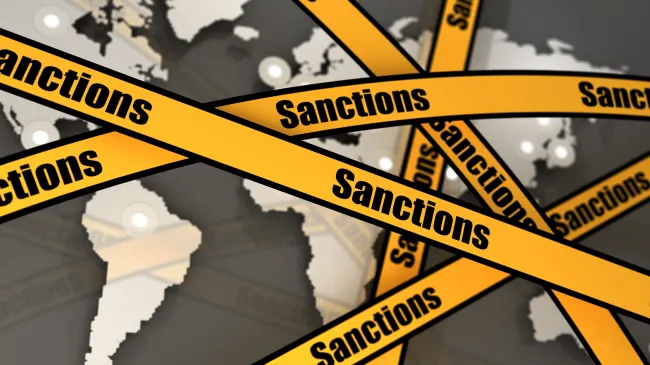Economic Policy
The Economics of Medical Waiting Rooms
"Hurry up and wait" is often the reality of medical care. We shouldn't be surprised to know that long lines and government intervention go together.
Trump’s Economic Policies: The Good, The Bad, and the Uncertain
President-elect Trump has promised changes in economic policies. How well they work and how they will affect us remains to be seen. Here is a look at proposals that have promise—and proposals that are likely to cause harm.
Why Does Government Always Make the Same Economic Mistakes?
Most economic analysts predict that the US is about to enter into a cyclical recession. Even Austrian School economists (like me) agree.
Selections from Our Enemy, the State: Supports Summit 2024
The theme that connected all of the weekend’s talks at the 2024 Supports Summit was “Our Enemy, the State.” It was a gathering of the "remnant," those who recognize that the government is our common enemy. These are selections from several of the talks.
The Bailout Fallacy
Ruchir Sharma, a non-Austrian, gets it right. He lends strong support to the Austrian position that because competition moves resources to where they best fulfill consumer demand, the government must not interfere with this process by bailing out businesses that fail.
The Second Trump Term and the “Sanctions Industrial Complex”
Washington has wielded the sanctions weapon against nearly a third of all nations on earth. It is time to rethink these policies, and one hopes the incoming Trump administration will do just that and change course.
No, A Continuing Resolution Is Not a Stopgap
Congress recently passed a “continuing resolution” to avoid a government shutdown. We are good to go now.
Book Review: The Age of Debt Bubbles
The world is awash in debt bubbles, but politicians continue to spend, which requires even more central bank intervention—and more bubbles. Max Rangeley has edited The Age of Debt Bubbles, which details the dangers we face and how to stop the current madness.
Contrived Scarcity and Antitrust Lawsuits—“It’s Not a Bag, It’s a Birkin”
Birkin bags are pricey and the producer restricts its potential buyers. Unfortunately, disgruntled customers who don’t want to follow the company’s rules are now appealing to US antitrust law.









